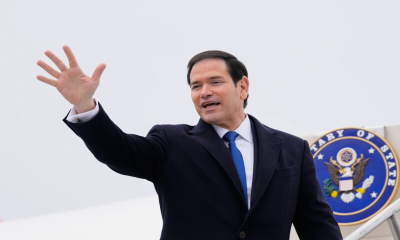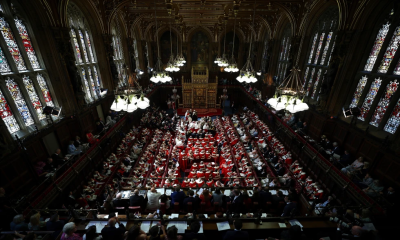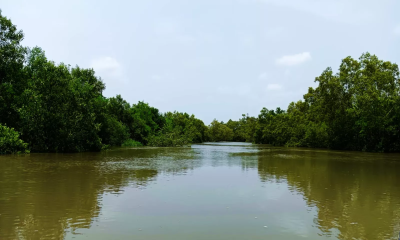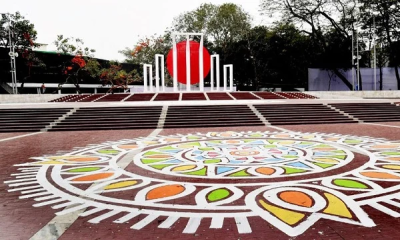The BJP manifesto, according to the news agency ANI, is likely to make promises to develop West Bengal as an international trading and commerce hub.
The Bharatiya Janata Party (BJP) is set to unveil its manifesto for the upcoming West Bengal assembly elections on Sunday. Party leader Amit Shah, who is scheduled to visit the state, is expected to release a manifesto which will be aimed to benefit 'all sections of society'.
Shah will address a rally at Pallighai school ground at Egra in Kanthi before holding a meeting with the party's district officials, and release the manifesto later in the day at an event at the Eastern Zonal Cultural centre.
The document, according to the news agency ANI, is likely to make promises to develop West Bengal as an international trading and commerce hub. The state's road network plays a strategic role in its development because of the borders it shares with Bangladesh, Nepal and Bhutan, and the party is likely to promise citizens of new and improved road networks and rail connections with its international neighbours.
The state has a potential for development as an international commerce hub which was not tapped by the previous regimes, ANI said citing a senior party leader. "Under the left and later under TMC, this potential was not realised. We will change this and ensure that West Bengal becomes one of the fastest-growing states in the country. The state shares borders with Bangladesh, Bhutan and Nepal and has potential that has not been exploited to make the state prosper," the leader said.
Promising improved infrastructure and equitable distribution of water between India and Bangladesh, the leader said the party, if voted to power, will implement its plans of construction of a 6 km long viaduct from Islampur to Jalpaiguri over Tentulia salient of Bangladesh.
"Also, there is a need for rail and bus connections between Kolkata and Guwahati and Silchar and Kolkata through Bangladesh," ANI further quoted the leader.
Elections to the 294-member West Bengal Assembly will be held in eight phases from March 27 to April 29. The counting of votes will take place on May 2.




-20260220065859.jpeg)
-20260219110716.webp)
-20260219054530.webp)


-20260218060047.jpeg)




-20260221022942.jpg)
-20260221022827.webp)






















